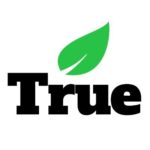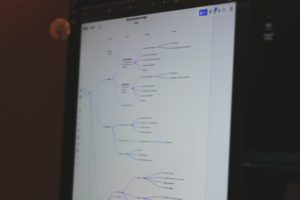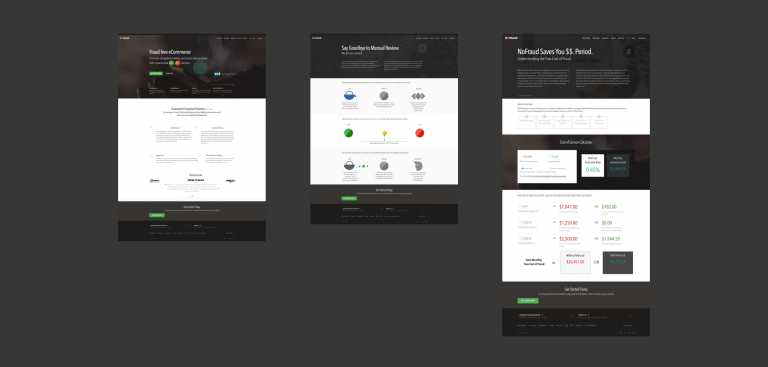Blockchain was originally conceived in 2008 and implemented in 2009 as a way to record all public transactions in the Bitcoin database, but the technology has applications across nearly every industry. Today, we are seeing a huge amount of investment in blockchain technology, and some exciting movement across several industries regarding its implementation, and with good reason. At its essence, the wonder of blockchain comes down to this: finally, electronic transactions of all varieties can be made possible without the need for a bank.
Today I want to discuss and explore blockchain and how it can revolutionize attribution, provenance, and copyright –the Achilles’ heel of digital media. We’ll also take a look at some companies that are spearheading the technology leap.
We are at an amazing point in history for artists. A revolution is going to happen, and next year it’s going to take over. It’s the ability of artists to have the control and the say of what they do with their music at large. The answer to this is in the blockchain. ~Imogen Heap, Grammy Award-winning singer-songwriter
Here’s how blockchain will fix the internet with regards to digital media: In the same way as blockchain technology provides an open, decentralized ledger of monetary transactions, it can also be purposed as a self-verifying database of other types of time-stamped events – one such event could be, for example, the registration of a copyright. A blockchain may also attach a hash of the work itself, the metadata associated with it, and even any information about permitted uses of the piece of media. Following this idea, any new instance of the work – without that metadata – would not match the original record and therefore would obviously be identified as copy. “This can also help and empower artists and rights holders to manage and track the use of their work, as well as tie back into audience demographic data,” says True Interaction COO and resident digital media guru Joe Sticca.
Blockchain technology may well stabilize the value of digital media. Anyone who uses social media is intimately aware of the phenomenon of sharing something online, and watching it morph and be stripped of its metadata as it makes its way across pinboards, Tweets, and/or Reddit. Think of the ramifications of blockchain: Finally, an internet where, when you share something, it intrinsically contains the information regarding its creator as well as the contract for its use. And while this technology is purposed to squash piracy, its effects will fuel a whole new world of online commerce.
Here are a few companies that are leading the charge:
Originally envisioned as a ‘Netscape for Bitcoin’ in 2015, Blockai intended to utilize blockchain for a kind of social media stream that would allow users to send messages and authenticate items. Now Blockai has announced it has raised $547,000 in seed funding to relaunch as a blockchain copyright service: a tool that allows artists to authenticate and claim copyright over images. With Blockai, the process is as follows: Create a piece of digital art, photo or anything that can be copyrighted. Register your copyright on the blockchain, a public ledger powered by Bitcoin. The record is permanent and immutable. Then, receive a registration certificate with cryptographic evidence that protects your copyright. You own the certificate forever.
Revelator solves copyright challenges in the music industry by integrating sales, marketing, accounting and analytics into one unified system based upon blockchain technology, with fair pricing and levels of service for the individual artist, a manager, or a record label, Recently, the company announced it has raised $2.5 million in Series A funding led by Exigent Capital, with participation from Digital Currency Group and Israeli early-stage fund Reinvent (Revelator is headquartered in Tel Aviv). That’s on top of the $3 million the company has already raised.
Verisart works in the same way, but in the realm of physical and fine art. The digital startup intends to chronicle original artworks, prints, multiples, and books by using block chain, thereby assigning each object a unassailable certificate of authenticity. Each object’s provenance, in turn, is created step-by-step by its owners, who add their e-mail addresses to an object’s data when they purchase one. Ultimately, Verisart plans to catalogue older artwork by extending the verification service to online sites and artists’ estates, and eventually begin to work with art appraisers and insurers to add works that have already been validated. The company has recieved $2M in funding from Earlybird Venture Capital, Freelands Ventures, and Digital Currency Group.
Monegraph specializes in attribution of media with multiple creators or complex attribution. The Monegraph platform enables sharing of revenue across the value chain of media distribution for online broadcasts, video clips, image reels, and other licensed or brand sponsored content. According to Monegraph, the ability to distribute media via their revenue sharing infrastructure aligns the interests of all stakeholders in the creation and promotion of the content in such a way that distribution is dramatically amplified. This allows the media to reach localized communities of viewers not obtainable through centralized points of distribution. Monegraph has raised $1.3M in funding for its platform.
Ascribe is another copyright platform that enables creators to claim authorship and generate a certificate of authenticity on a piece of media. More than 20 marketplaces and services have integrated the platform, and close to 4,000 artists are using the service. The company raised $2 million in seed from Earlybird Venture Capital, Freelands Ventures, Digital Currency Group, and various angels.They’re a developer-friendly company that includes plenty of documentation around their REST API. Ascribe also includes features such as setting limited editions for pieces of digital media, loaning or renting a piece of digital media (granting a temporary license for specific range of dates), and tracking the chain of ownership of a work of art.







